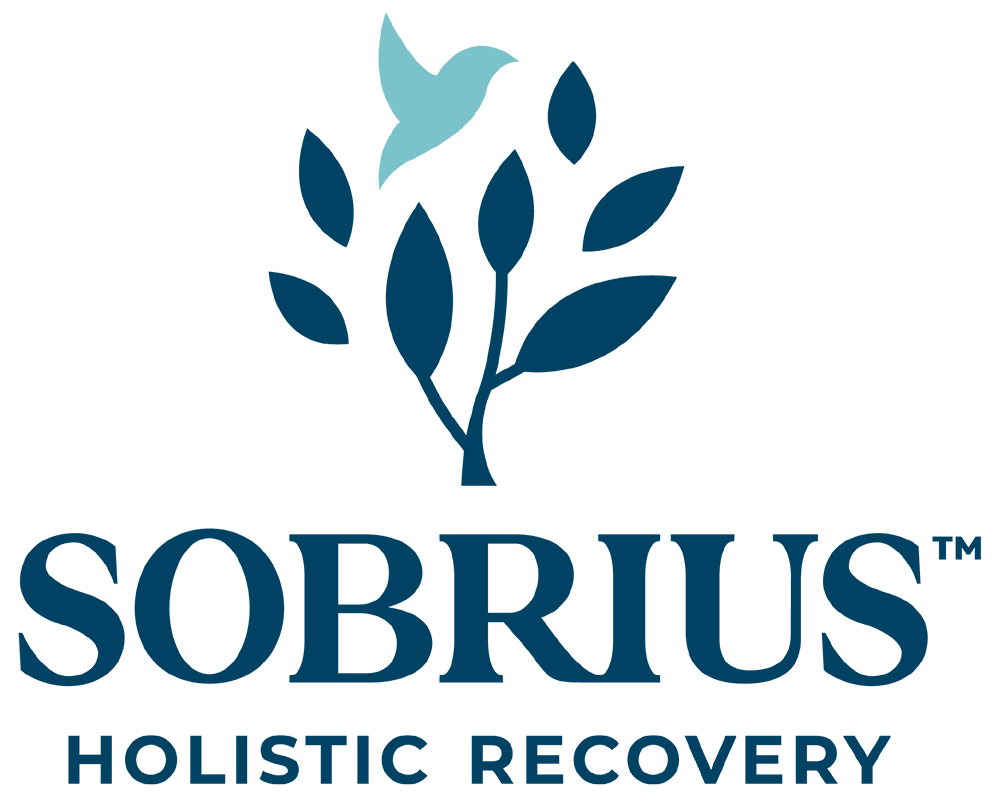If you or someone you care about is on the road to recovery from benzo addiction, recognizing the withdrawal symptoms is the first step to a successful, supportive treatment plan. At Sobrius, we understand the complexities of addiction and are dedicated to providing the assistance you need to take control of your well-being. To learn more about benzo addiction treatment, call us today at 888.596.6514.
What Are Benzos and Why Are They Addictive?
Benzodiazepines, colloquially known as benzos, are a class of drugs mainly utilized for the treatment of anxiety and sleep disorders. Highly effective in the short term, they quickly become a crutch for many, with their sedative properties offering an irresistible escape from worry and insomnia. However, what starts as a temporary relief often turns into a dependency, leading to a host of withdrawal symptoms when the drug is removed.
Addiction to benzos can develop even when the drugs are taken as prescribed. This occurs due to the changes benzos create in the brain’s chemistry, particularly in the gamma-aminobutyric acid (GABA) receptors, which are responsible for producing calming effects. Once dependence sets in, withdrawal can become both psychologically and physically debilitating.
Common Benzo Withdrawal Symptoms
The manifestation of benzo withdrawal symptoms ranges from mildly uncomfortable to life-threatening. It can resemble severe alcohol withdrawal and sometimes overlap with other drug withdrawal symptoms. Knowing what to expect can help users and their support systems prepare for the challenge of facing these symptoms head-on.
Physical Symptoms
- Tremors
- Sweating
- Nausea and vomiting
- Increased heart rate
- Dry retching
- Muscle pain and stiffness
Psychological Symptoms
- Anxiety and panic attacks
- Insomnia
- Depression
- Irritability
- Hallucinations or psychotic episodes
- Seizures (in severe cases)
The psychological ones can be especially harrowing, with anxiety and depression leading to suicidal thoughts in extreme cases. It’s crucial to ensure that benzo withdrawal is never underestimated or faced alone.
Severity and Duration of Withdrawal
Many variables influence the severity and duration of benzo withdrawal symptoms. A primary determinant is the user’s dosage and the duration of use. Those who have been on benzos for long periods or at high doses are likely to experience more intense withdrawal symptoms over a more extended period.
Factors Influencing Symptoms
- Type of benzodiazepine used
- Method of consumption (e.g., swallowing pills, snorting, or intravenous use)
- Concurrent use of alcohol or other drugs
Typical Timelines for Withdrawal
- Early withdrawal – Usually begins within 1–4 days of quitting and includes insomnia, anxiety, and flu-like symptoms.
- Acute withdrawal – The most intense symptoms appear within the first 1–2 weeks, including high levels of anxiety and panic.
- Protracted withdrawal (or post-acute withdrawal syndrome) – Can last for months and includes milder versions of the initial symptoms that can surface intermittently.
Treatment Options for Benzo Withdrawal
At Sobrius, we employ various treatment methods to support individuals through benzo withdrawal. Our approach combines medical support, therapy, and ongoing personal development, ensuring a comprehensive and rounded recovery.
Medical Detox
Aimed at managing the more severe symptoms, medical detox provides around-the-clock care in a controlled environment, ensuring patient safety and comfort during the withdrawal process.
Therapy and Counseling
Cognitive-behavioral therapy (CBT) has been found to be effective in recognizing and changing patterns that lead to addiction. In addition, individual and group therapy provide the tools necessary for long-term freedom from addiction.
Support Groups and Aftercare Programs
Engaging with others who have faced similar struggles can be a crucial aspect of recovery. Support groups and aftercare programs help maintain the strategies learned during treatment and provide a continued, supportive community.
Importance of Seeking Professional Help
The benefits of professional help during benzo withdrawal are immeasurable. Our programs can provide a safe and controlled environment where clients receive the attention and care necessary for their unique situation.
Benefits of a Supervised Withdrawal
- Professional medical assistance to manage symptoms
- Emotional support to reduce feelings of isolation and despair
- A structured environment that minimizes the risk of relapse
In severe cases, without the proper support, benzo withdrawal can lead to life-threatening complications. Seeking professional help significantly reduces these risks.
Get Help Today With Sobrius
Sobrius stands ready to lead you toward a life free of addiction. We understand the courage it takes to seek help and applaud your initiative. Remember, seeking assistance is the first step toward a sober, healthier you.
Are you ready to start your path to freedom from benzo addiction? If so, don’t hesitate to get in touch. Call us today at 888.596.6514 or use our online contact form to take the first step in your recovery. Remember, sobriety is not a destination but a daily commitment to growth and health.

